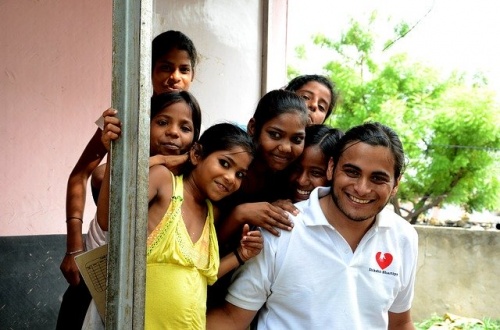The World According to Grants – December 2019
What’s the big idea?
During the holiday season, we all take some time to reflect on our lives and think about how we can give back to others, be more charitable and think about New Year’s resolutions in the coming year. Recently I was listening to a Tiny Spark podcast and there was an episode about global volunteerism. The challenge is that while donors have good intentions, their support may not necessarily be directed in the best way. Let’s examine this further.
BIG QUESTION:
Does global volunteerism help or hurt those causes about which donors care so deeply?
The problem with “donorsplaining”

What is donorsplaining? It’s what I refer to to the situation when a donor explains to a recipient organization why their donation is important to them and how it benefits the community, without listening to the recipient organization explain what is most needed at the onset. As referenced in the Tiny Spark podcast episode on global volunteerism, the funding support at first seems perfectly perfectly charitable. In essence, wealthier individuals from Western countries provide support as volunteers and funders for orphanages on the African continent. The orphanages need the funds and the donors feel good providing charitable support and volunteering their time. It seems like a win-win situation, right? While there are many international organizations like Doctors Without Borders, Save the Children, World Wildlife Fund that provide excellent support in the international community, this is not always the case with certain organizations. Some orphanages do great work and rely on this support to support the children who need their care. However, other non-government sanctioned organizations are a bit less philanthropic. One orphanage director said that there are some children who pretend to be orphans, but actually have parents and are sent there for financial gain given the family’s limited economic means. Also, when donors volunteer in these orphanages, they want to provide direct support to the children, but this is not always what is needed. Would you travel around the world for a meaningful experience if all you’re doing is administrative work in a building? Might not seem glamorous.
